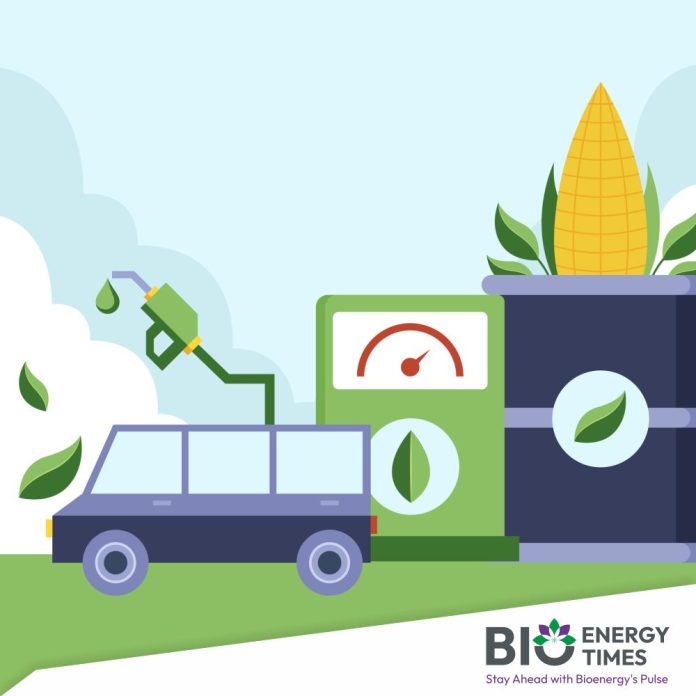Researchers at the National Renewable Energy Laboratory (NREL) have identified barriers hindering the increased use of biomass-based diesel fuel blended with petroleum diesel and proposed strategies to address these challenges, reported Biomass Magazine.
As per media report, currently, bio-derived diesel fuel is blended with petroleum diesel at relatively low levels, typically between 5% and 20%. The NREL team studied the performance of significantly higher blends—specifically 20%, 40%, 60%, and 80%—of biodiesel in both renewable diesel and petroleum diesel. Increasing the percentage of biomass-based diesel fuels could lead to a reduction in greenhouse gas emissions from the transportation sector. Biodiesel is an oxygenate produced from fats, oils, and greases, while renewable diesel, made from the same feedstocks, is processed to resemble petroleum diesel chemically.
“It’s surprising to me that while thousands of papers on biodiesel are published each year, few examine blends over 20%,” said NREL Senior Research Fellow Robert McCormick, who is the corresponding author of the newly released research paper, “Properties That Potentially Limit High-Level Blends of Biomass-Based Diesel Fuel,” published in the journal Energy & Fuels. “This research fills a significant data gap regarding biodiesel blends, focusing not only on higher-level blends but also on those with renewable diesel, which is 100% renewable.”
The paper was coauthored by NREL researchers Gina Fioroni, Nimal Naser, and Jon Luecke.
To read more about Biomass Industry News, continue reading BioEnergyTimes.com















